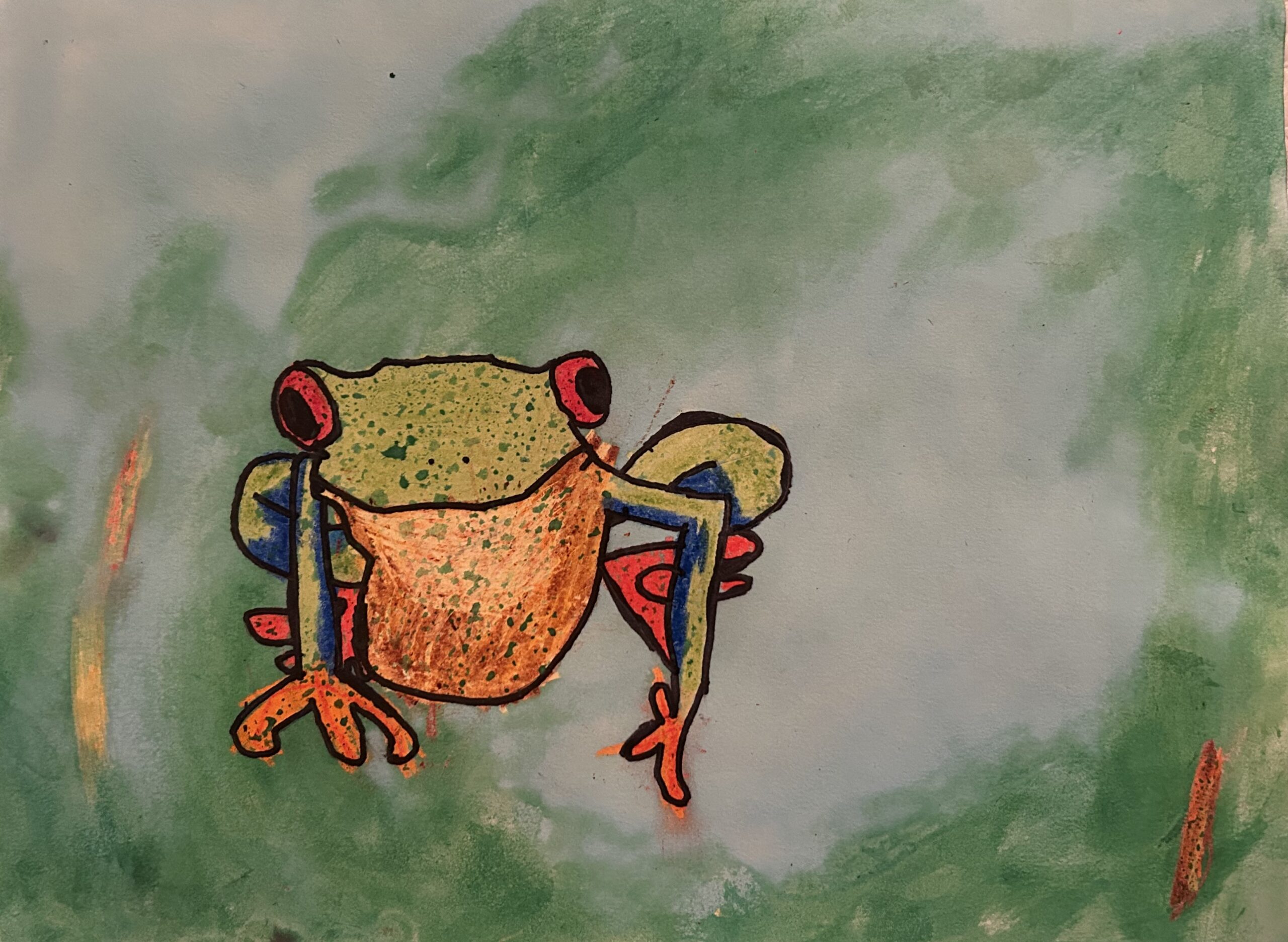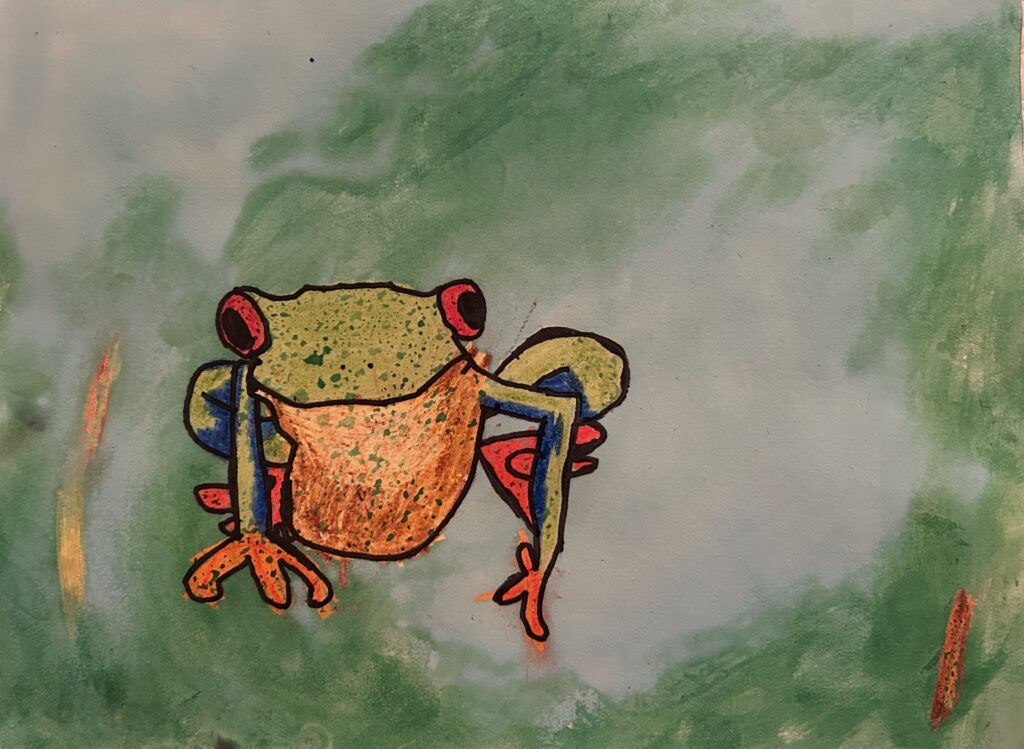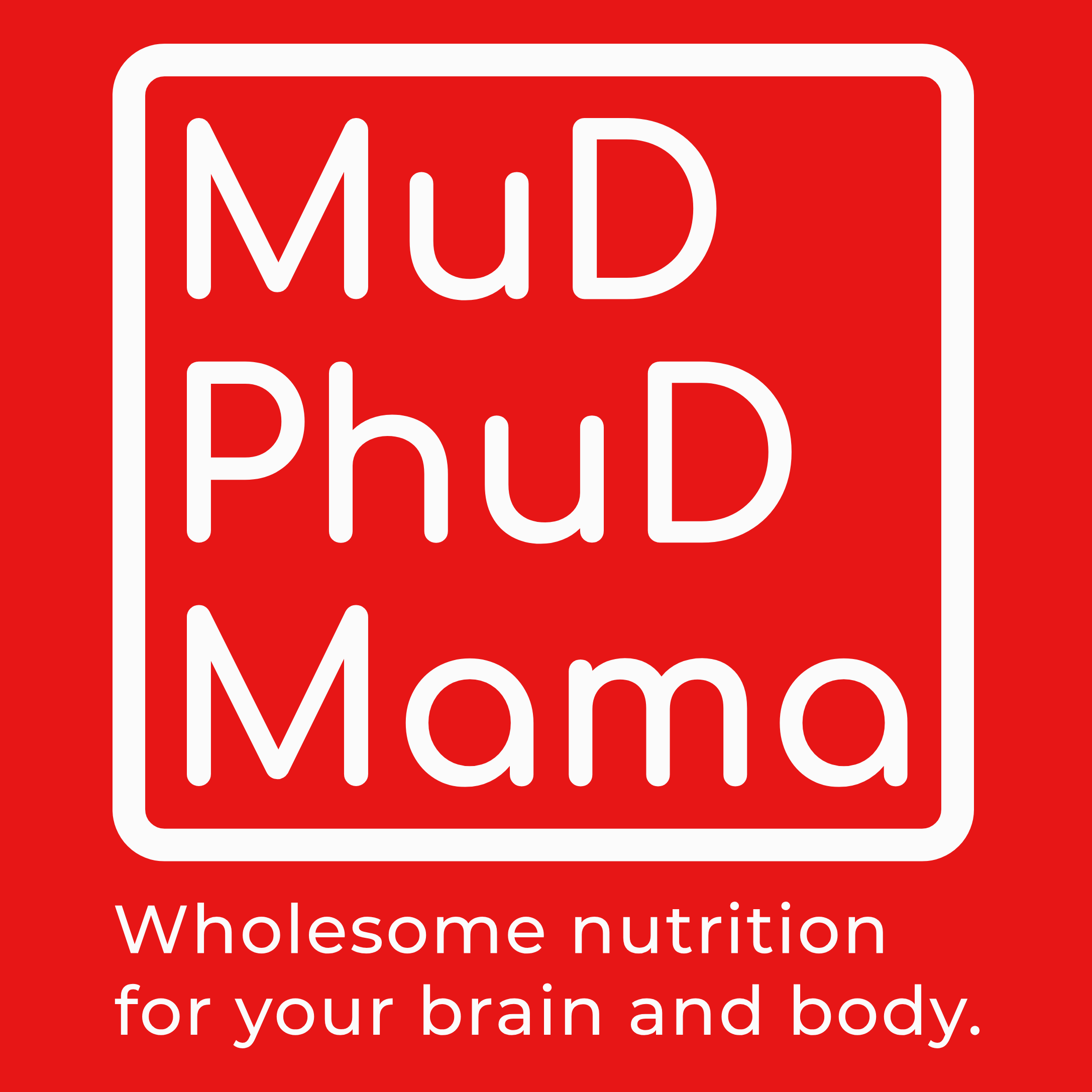
Exploring the Connection Between Inflammatory Foods and Neurodivergence
In recent years, we have been hearing more and more about “neurodivergent” conditions. Being neurodivergent means that that person’s brain works differently than other people (neurotypical people). This means that people may think, learn, and process information differently from what is considered “typical.” As someone with attention deficit hyperactivity disorder (ADHD) I consider myself neurodivergent and I see this condition in several of my family members. Being neurodivergent describes a range of conditions such as autism spectrum disorder (ASD), ADHD, and anxiety disorders. While the field is still evolving, there is significant research evidence showing that certain foods may play a role in exacerbating or alleviating symptoms associated with certain neurodivergent conditions.
The Gut-Brain Connection:
The gut and the brain are connected through what we refer to as the “gut-brain axis.” The gut-brain axis is like a communication highway between your gut (stomach and intestines) and your brain. They send messages back and forth using nerves, chemicals, and the immune system. What happens in your gut can affect your mood and how your brain works, and what happens in your brain can influence your gut. The foods we consume can either cause or lower inflammation, which in turn influences our overall well-being (1). Eating well and taking care of your gut health can positively impact this communication, making sure your gut and brain stay in good harmony.
The mix of the trillions of bacteria in your gut affects how your body processes nutrients. This, in turn, affects the release of certain substances (hormones, neurotransmitters) from cells in your gut that can influence the connection between your gut and brain. One example is the neuropeptide galanin, which plays important roles in sleep, mood, and the stress response. Galanin can activate a part of the brain’s stress response system, leading to the release of hormones like cortisol. This is an example of how the types of bacteria in your gut might impact how your body responds to stress through these complex pathways.
Emerging research has shown that having a condition known as gut dysbiosis, which refers to an imbalance in the living in the gastrointestinal tract, can negatively affect your health. The gut microbiota plays a crucial role in digestion, nutrient absorption, immune function, and other aspects of well-being such as mental health. Gut dysbiosis occurs when harmful microorganisms outnumber beneficial ones. A major cause of gut dysbiosis -especially in our children- is the diet we are giving them, in particular the ultra processed foods that characterize the Standard American Diet (SAD) also known as the Western Diet (WD) (2).
There is a major difference between nourishing our children and feeding our children.
A diet high in processed foods, sugars, and low in fiber not only lacks essential vitamins/minerals needed for growth and development but it also negatively impacts the composition of the gut microbiota. Here is how:
- Refined Sugar and Artificial Additives:
- Processed foods high in refined sugar and artificial additives cause inflammation by:
- Favoring the growth of pro-inflammatory bacteria
- Harmful bacteria produce endotoxins which enter the bloodstream and trigger an immune response
- Causing rapid blood sugar spikes which not only results in inflammation but also eventually causes insulin resistance
- Most processed foods contain unhealthy fats, such as trans fats and refined vegetable oils
- Unhealthy fats promote increased visceral adiposity (fat accumulation around the organs) which results in the release inflammatory molecules by the inflamed fat (3), contributing to chronic systemic inflammation.
- Processed foods lack anti-oxidants; without these the cells in our body see more oxidative stress inflammation and tissue damage.
- Causing “leaky gut” (increased intestinal permeability), which allows substances to pass through the gut lining and into the bloodstream, triggering an inflammatory response.
- Favoring the growth of pro-inflammatory bacteria
- Processed foods high in refined sugar and artificial additives cause inflammation by:
- Gluten and casein:
- Gluten: found in wheat and other grains are proteins that some individuals may be sensitive to. This is different to celiac disease which is a serious autoimmune condition, where gluten leads to an immune response that damages the small intestine. In those with non-celiac gluten sensitivity (NCGS) the consumption of gluten can lead to fatigue, mood changes, gastrointestinal discomfort and leaky gut.
- Casein: found in dairy products, is one of the proteins most frequently causing an immune reaction in children. Studies have shown that a significant number of children with autism who go on an elimination diet of gluten and casein have improved behavioral and cognitive function (4).
- Food Sensitivities and Allergies:
- Individuals with neurodivergent conditions may be more prone to food sensitivities or allergies. Identifying and managing these sensitivities can be crucial in reducing inflammation and improving symptoms.
- Anti-Inflammatory Foods:
- Conversely, incorporating anti-inflammatory foods such as fruits, vegetables, nuts, and fatty fish into the diet may have a positive impact on neurodivergent individuals. These foods provide essential nutrients and antioxidants that support overall health.
The relationship between high sugar intake and hyperactivity in neurodivergent children has been widely documented and support the notion that high sugar intake promotes hyperactivity in these children (5). A large meta analysis (a meta-analysis is when you get a bunch of studies about the same topic, but instead of looking at each one separately, the study combines the results from all the studies to get a bigger picture). This meta-analysis showed that diets high in refined sugar and saturated fat increased the risk of having ADHD or hyperactivity, whereas a healthy diet, characterized by high consumption of fruits and vegetables, seemed to protect from these neurodivergent behaviors (5).
Right now children with ASD who have disruptive and violent behavior are given strong psychiatric medications. These medicines can have adverse reactions such as weight gain, sedation, tremor, signal abnormalities, and drooling. Medications for children with ADHD include stimulant and non-stimulant psychiatric medications which can also cause side effects and become habit forming. While more research is needed regarding how dietary changes can improve behavior in neurodivergent children; The truth of the matter is that the gut-brain connection is real and addressing the gut is equally as important as discussing medications.
While the implementation of these dietary changes can be a challenge, eliminating inflammatory foods can have major beneficial effects on neurodivergent children with sensitive nervous systems, and can be healthier for the ENTIRE FAMILY. I invite you to read the following article from a peer reviewed scientific journal (6, snippet below):
“Here we [review], in non-technical, plain English, how cereal grains-the world’s most abundant food source-can affect human behavior and mental health. We present the implications for the psychological sciences of the findings that, in all of us, bread makes the gut more permeable and can thus encourage the migration of food particles to sites where they are not expected, prompting the immune system to attack both these particles and brain-relevant substances that resemble them, and releases opioid-like compounds, capable of causing mental derangement if they make it to the brain. A grain-free diet, although difficult to maintain (especially for those that need it the most), could improve the mental health of many and be a complete cure for others.“
-Ma, X. et al. Front Hum Neurosci. 2016 Mar 29:10:130.
We have incorporated a gluten and dairy free diet for our son with neurodivergence and I report that he has shown MARKED improvement in emotional lability among other areas. Specifically, we removed gluten, dairy, preservatives, artificial colors and high fructose corn syrup from my his diet. This has made a major difference in his day to day behavior. Prior to the dietary change, going to school was a daily struggle. Albeit it was preschool, he could barely hold a pencil, draw shapes, stay in his seat for long periods of time, and let alone recognize any letters in the alphabet. His emotional outbursts were explosive. I was very skeptical that any dietary change would make a difference, given he already had what I considered to be a pretty healthy and balanced diet of a diversity of foods including non starchy vegetables. However, since removing the major staples of the Western diet (pre-packaged foods, refined grains/gluten, processed meat, high sugar candy/drinks/sweets, industrially produced animal products such as fast food, dairy, artificial food dyes and high fructose corn syrup), the changes have been remarkable. In less than a year he is bringing amazing art work from his kindergarten class every day (Fig 1), and his emotional outbursts are fewer and not nearly as explosive. It’s like he’s a different kid.
The emerging data regarding the neurologic effects of these toxic food products is real and because I have seen the effects first hand, I have come to the following conclusion:
“While more research is needed to fully understand the mechanisms and implications of the gut-brain connection, from my personal experience and research into the available literature I speculate the following: Factors such as genetic predisposition, immune system function, and environmental influences (such as diet and its effect on the gut microbiome) all contribute to the complex interplay between the gut and the brain to directly affect behavior and cognition in individuals that are neurodivergent.”
-Isabel Casimiro, MD, PhD
As a physician and a mother my goal is to share this vital information with you and other families that might benefit from reading this. While this diet is hard to maintain, and there were many dietary variables eliminated that probably helped more than others, as an Endocrinologist I can attest to the fact that this diet is beneficial for everyone in the household who wants to have a good metabolism and a healthy weight. I myself still eat dairy such as kefir, yogurt and cheese as well as gluten on occasion. However, since the entire household has incorporated a cleaner way of eating everyone is healthier. I can definitely say that my lipid parameters are at an all-time best mirroring values I hadn’t seen since I was in my 20s. Elimination of all of these food items can appear daunting and a stepwise approach might be better suited for some. The first step I would recommend to any family struggling with symptoms of neurodivergent children is to improve dietary habits to reduce children’s sugar intake and avoid artificial dyes and chemicals like the ones banned in Europe. The data are insurmountable showing that excess sugars and artificial dyes are harmful to neurosensitive children and exacerbate symptoms of emotional dysregulation and inattention. For tips on how to reduce sugar intake at home see my post on sugar.
While research in this field is still ongoing, there is a definite known link between inflammatory foods and neurodivergence. I join countless of families who have seen remarkable improvement in ADHD, executive functioning and emotional regulation symptoms in their neurodivergent children after switching them to a low inflammatory, low sugar, and gluten/dairy/dye free diet (7). As we continue to unravel the complexities of the gut-brain connection, a holistic approach that includes both dietary and therapeutic interventions will likely pave the way for the improved well-being of neurodivergent individuals.


